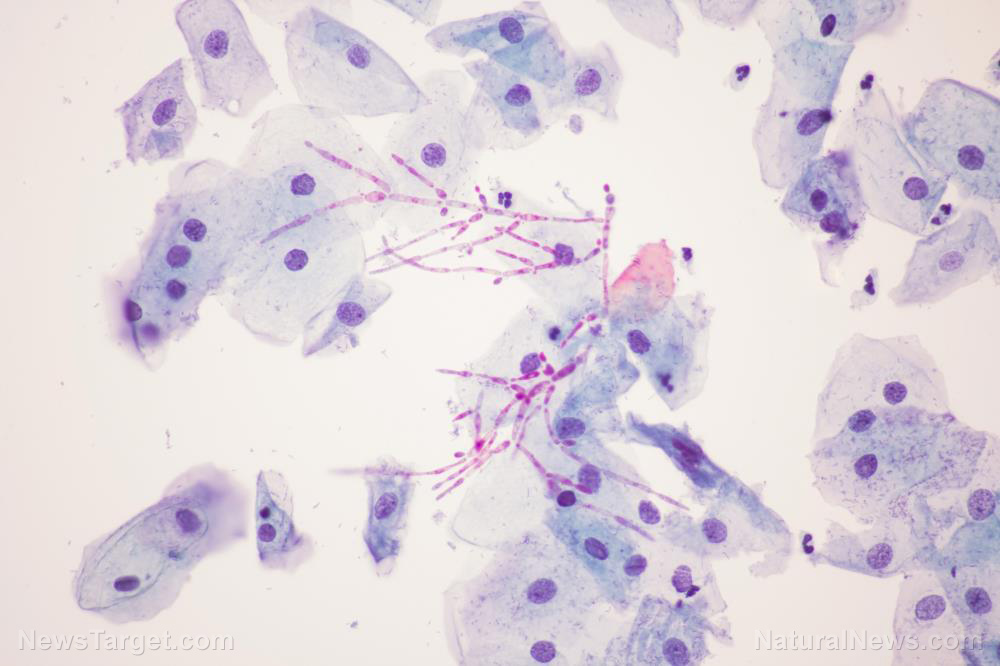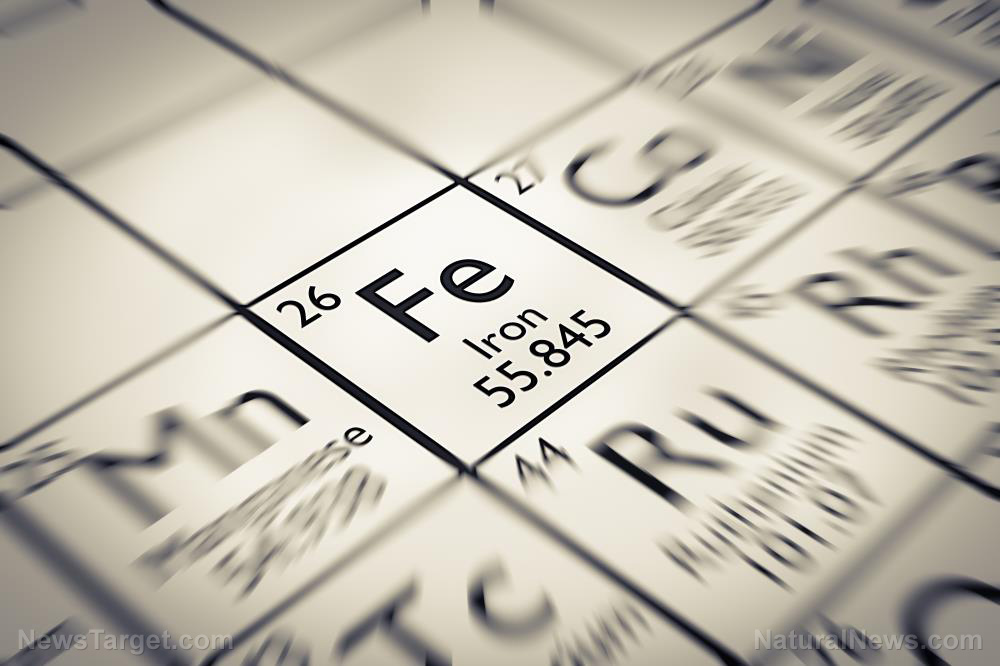Nature had it right: Whole eggs found to be better for muscle building and repair than just egg whites
01/03/2018 / By Zoey Sky

According to a recent study, individuals who eat at least 18 grams (g) of protein from whole eggs versus egg whites following resistance exercise build protein in their muscles differently. The process, named “protein synthesis,” takes place during the post-workout period, and the post-workout muscle-building response in those who consumed whole eggs is 40 percent greater than those who simply ate the same amount of protein from egg whites.
This discovery implies that instead of throwing away egg yolks, individuals who wish to build muscle must consume whole eggs “to maximize one’s dietary protein intake from eggs. Nicholas Burd, a University of Illinois professor of kinesiology and community health, spearheaded the study.
Burd explains that egg yolks have protein, other key nutrients, and other food components that are lacking in egg whites. These yolks even contain something that boosts the body’s ability to utilize that protein in the muscles.
The study implies that eating protein “within its most natural food matrix” is often more beneficial for the muscles instead of consuming protein from isolated protein sources. Burd et. al. monitored 10 young male participants who finished a single set of resistance exercise. They then consumed either whole eggs or egg whites with 18 g of protein. (Related: Increasing muscle mass, not just losing weight, will help prevent diabetes.)
The scientists administered infusions of two important amino acids, stable-isotope-labeled leucine and phenylalanine, to the participants. The amino acids let the scientists maintain and monitor the amino acid levels in the participants’ blood and muscles. The team took repeated blood and muscle biopsy samples to assess how the egg-derived amino acids showed up in the blood and in protein synthesis in muscles before and after the resistance exercise and eating.
GLYPHOSATE testing is now being applied to all Health Ranger Store branded products. Our in-house lab uses LC-MS-MS (triple quad mass spec). See the full lab science tour video and announcement here. Shop for ultra-clean, lab-tested superfoods, personal care products and more at the Health Ranger Store, the world's most trusted source for clean foods and lab-verified nutritional solutions.
With the labeled eggs, the scientists confirmed that if the participants consumed either the whole egg or the egg whites, the same amount of dietary amino acids were found in their blood. For the study, at least 60 to 70 percent of the amino acids were found in the blood and these helped build new muscle protein.
This implies that the source of one’s protein, be it whole eggs or just egg whites, makes no difference. The “amount of dietary amino acids in the blood after eating generally gives us an indication of how potent a food source is for the muscle-building response.”
But when the researchers directly measured protein synthesis in the muscle, the results painted a different picture. Burd explains that after the participants ate the whole eggs right after the resistance exercise, there was greater muscle-protein synthesis compared to simply eating the egg whites.
Burd concludes that modern society places great importance on protein nutrition, and the study results reveal that we need more protein in our diet than what we believed was required to maintain overall health. He concluded that as the global population increases, we must work together to develop “cost-effective and sustainable strategies for improving the use of protein in the diet.”
Thanks to their study, Burd et. al. were able to confirm that eating egg protein in its natural matrix offers more benefits compared to simply consuming it isolated from the same source.
Other superfoods you can eat to build muscle
If you want to eat other kinds of food that can help you build muscle, check out the list of superfoods below:
- Fish oil — Fish oil helps reduce joint and skin inflammation, lowers body fat, and increases testosterone levels.
- Wild salmon — One of the best sources of omega-3 fatty acids, wild salmon also gives you 20 g of protein per a 100 g serving.
- Berries — Full of strong antioxidants that prevent cancer, heart, and eye diseases, any kind of berry will do. You can combine cranberries, raspberries, blackberries, or blueberries with some oatmeal.
- Quinoa — The South American “king of grains,” quinoa contains more fiber and protein than rice or oats. It’s also gluten-free.
You can learn more about how to get in shape and how to build muscle at Slender.news.
Sources include:
Tagged Under: egg whites, egg yolks, eggs, muscle building, nutrients, nutrition, post-workout period, prevention, protein, protein synthesis, whole eggs, Whole Foods




















